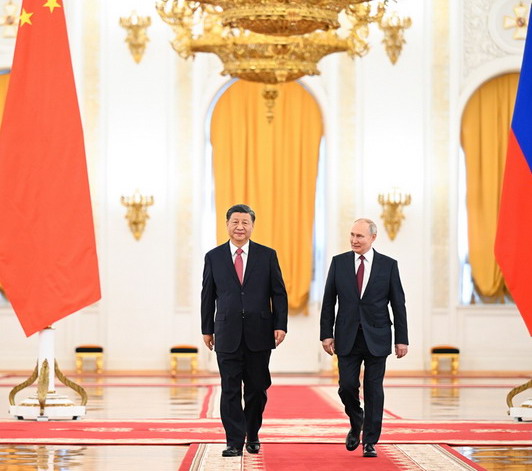How does the Chinese government define cybersecurity? Security in the digital realm has gained increasing prominence in recent years, both within China’s domestic policy landscape and in its participation with global digital governance. However, the Chinese conception of this term is different from the Western one, and is embedded within the country’s distinctive political, economic and technological context. Drawing on Chinese government documents, this paper will trace the evolution of how successive generations of Chinese leaders have identified digital security concerns, and how they have deployed institutional, regulatory and policy tools to respond to them.
Introduction
How does the Chinese definition of cybersecurity inform policy practice? In the Western world, cybersecurity has predominantly been preoccupied with hacking, the unauthorized intrusion into networks to acquire information, disrupt their functioning or cause material real-world effects. It has come with a particular aesthetic, either images of shady individuals wearing hoodies or Guy Fawkes masks, depicted in shades of ‘hacker blue’, overlaid with Matrix-inspired columns of 0s and 1s. In the national security realm, cybersecurity has also come to be associated with ‘bad actors’, such as Russia and China, who hack election processes or the valuable intellectual property of innovative businesses. These Western depictions reflect central elements of the post-Cold War global order in which they emerged, including the low cost of cyber attacks in comparison to physical and kinetic means of attack, as well as the vulnerability of highly digitized society to these,Footnote1 but also the dominance of most notably the technical, economic and political dominance of the US in the digital realm.Footnote2 Over time, the concept of cybersecurity has also expanded from protecting technical networks to maintaining a particular vision of the Internet, and an envisioned global order in which it is embedded.
In China, too, cybersecurity (wangluo anquan) has become a top priority. In 2014, Xi Jinping announced China would become a ‘cyber power’ (wangluo daguo), an objective comprising economic and technological elements and the capabilities to secure them. Cybersecurity would be a key enabler for this ambitious agenda.Footnote3 By the end of 2017, Beijing had published a national cybersecurity strategy,Footnote4 an international cyber cooperation strategy,Footnote5 and the Cybersecurity LawFootnote6 that became a cornerstone of a still-expanding regulatory regime.Footnote7 It has participated ever more in international governance processes such as the UN Group of Governmental Experts (GGE) on state conduct in cyberspace and the Open-Ended Working Group (OEWG) on ICTs in international security. It is investing heavily in educational and training facilities, as well as industrial policy for the cybersecurity sector.





















